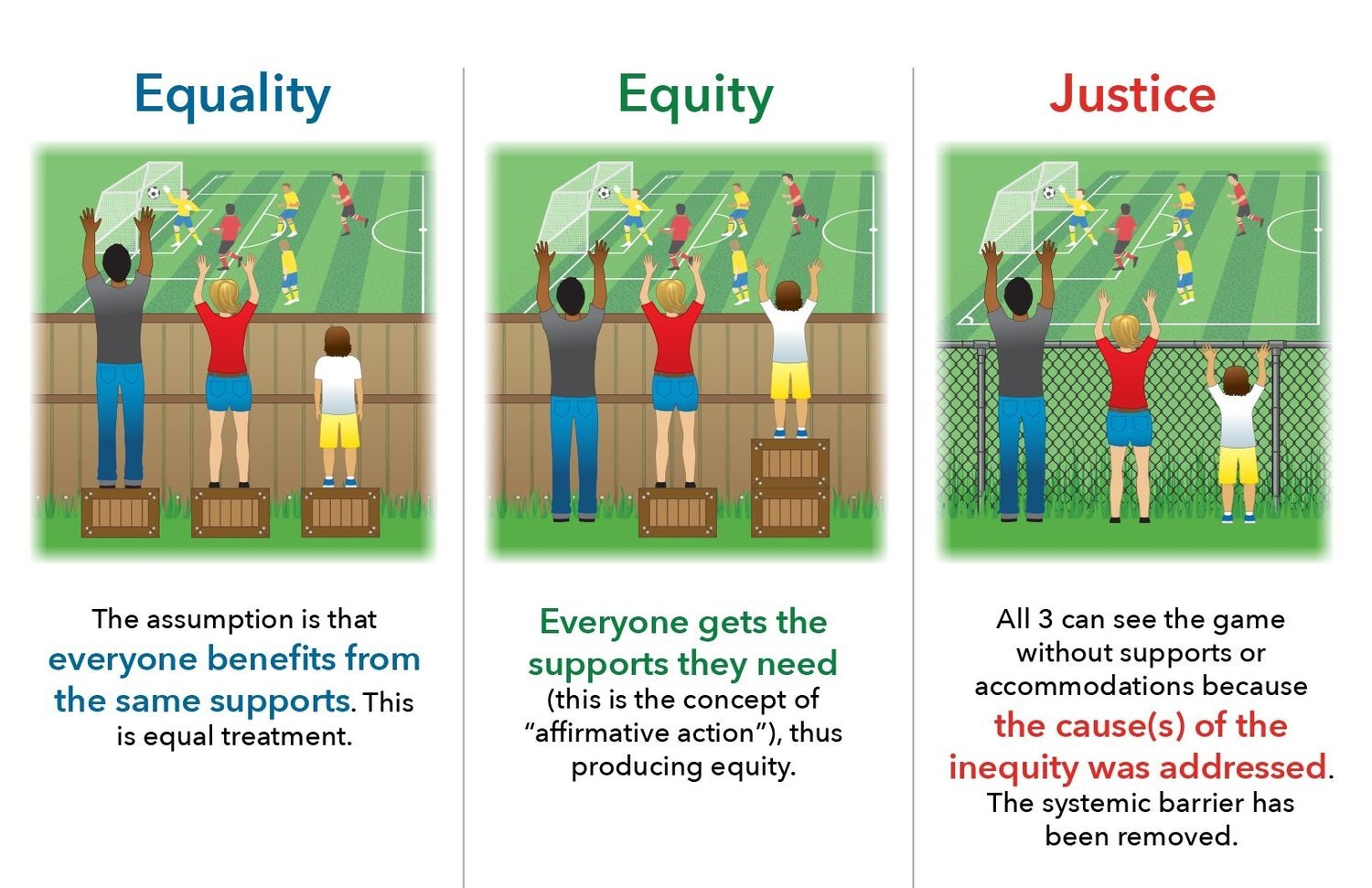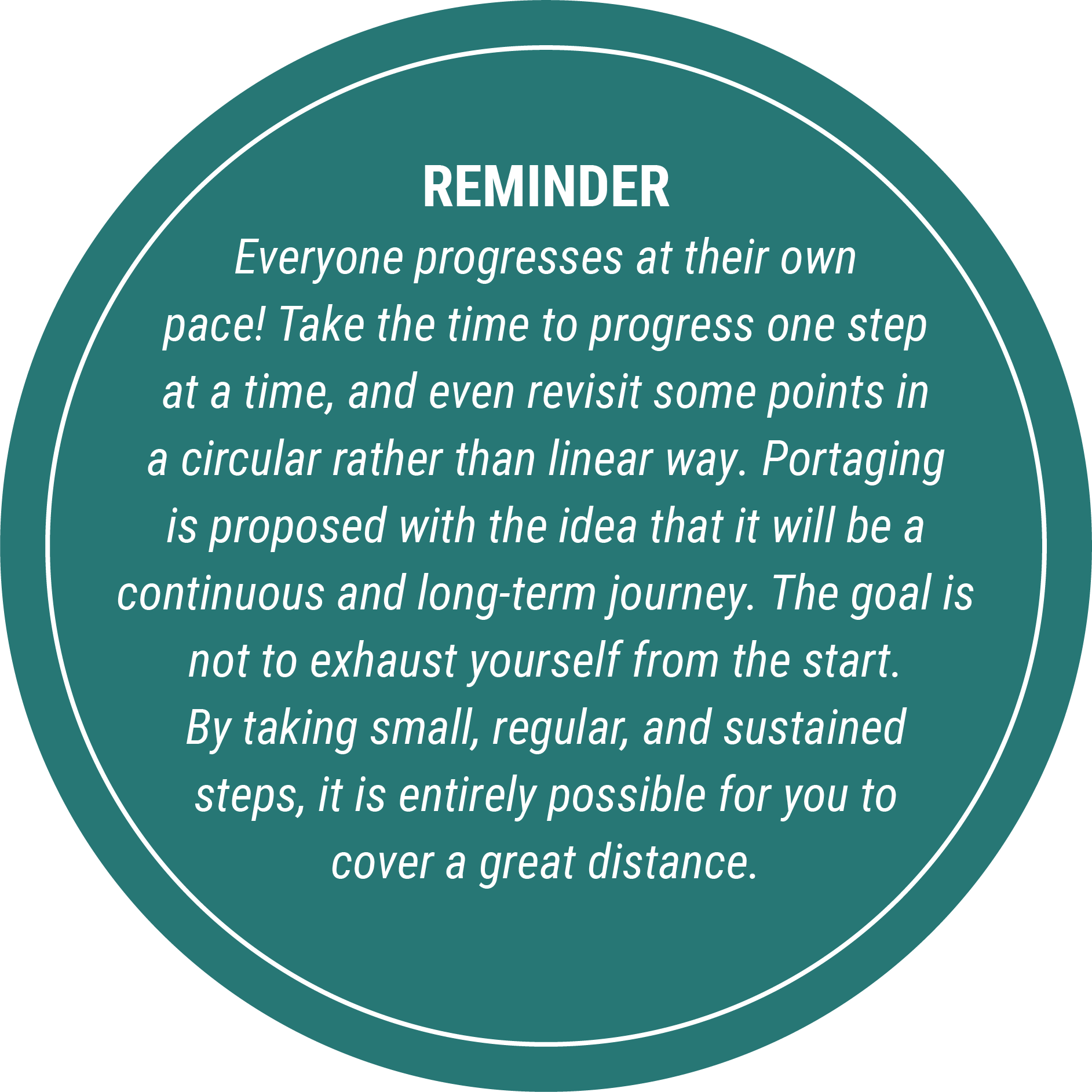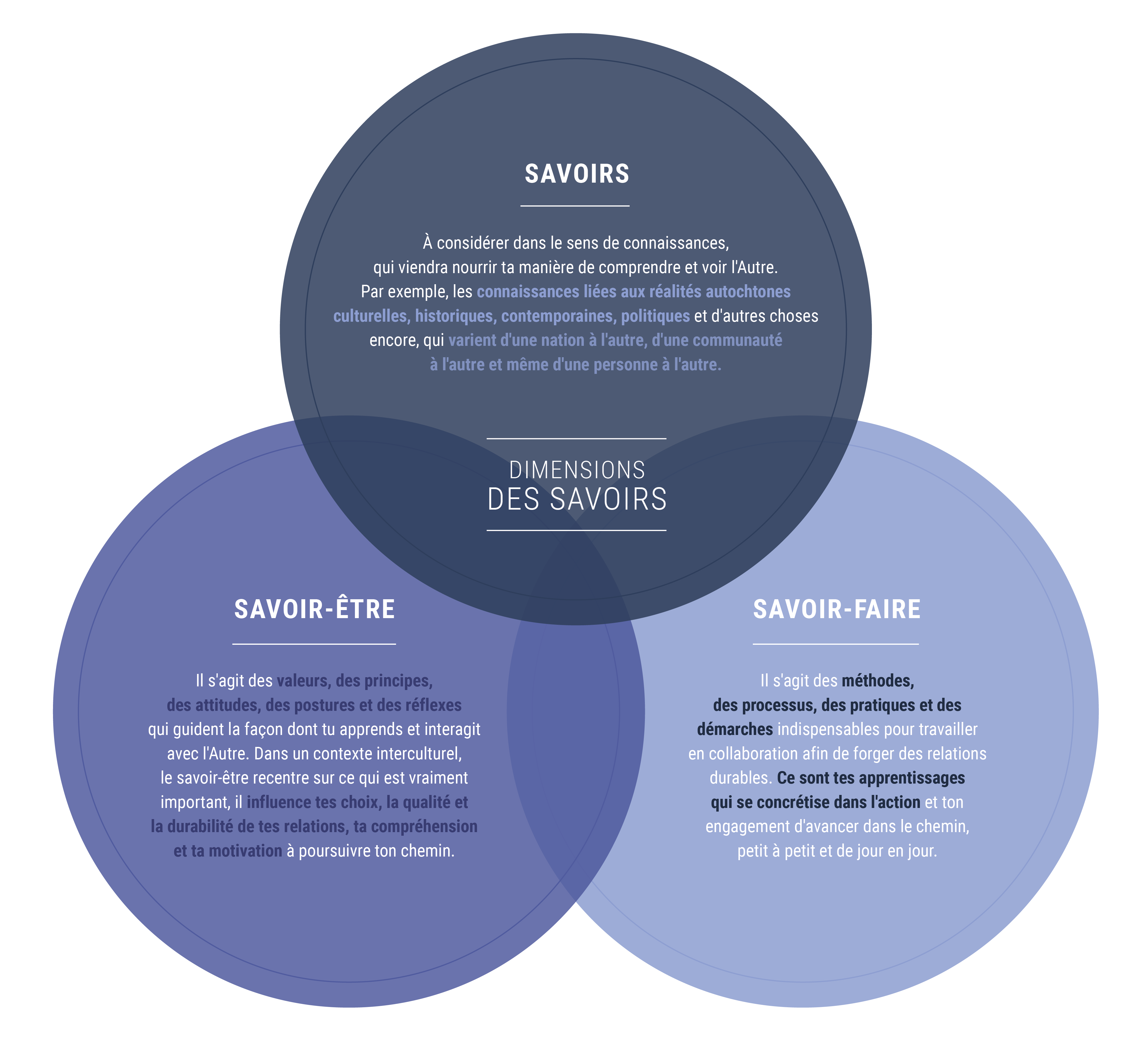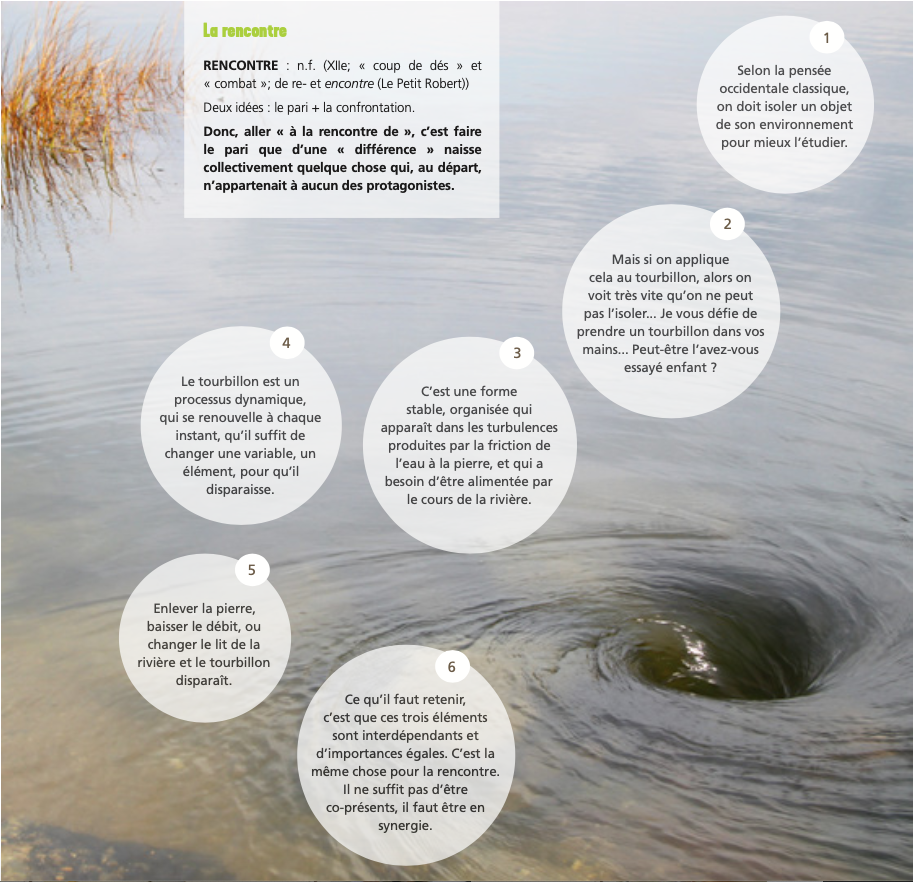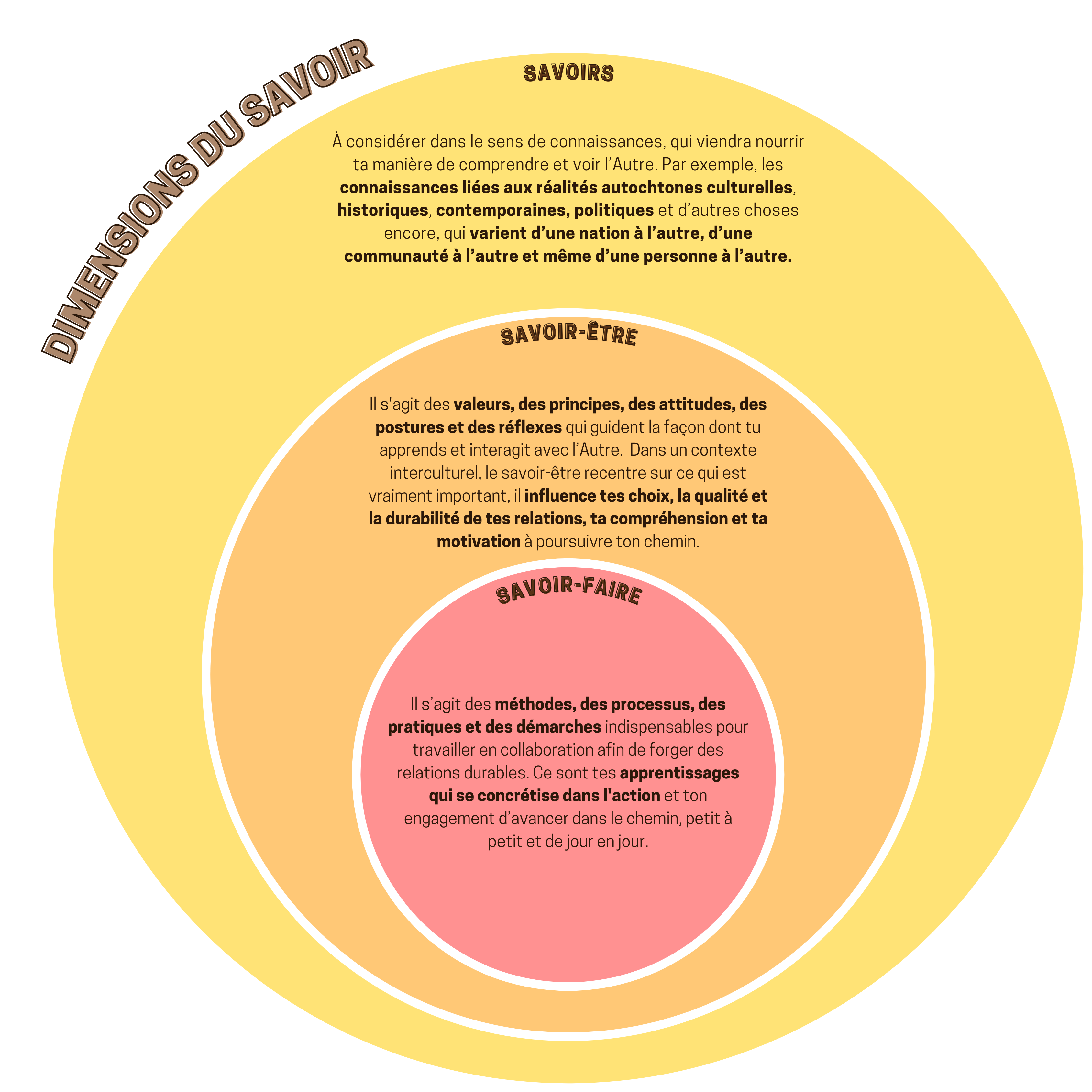A word from Michèle Martin: A guide to education and the path to living together
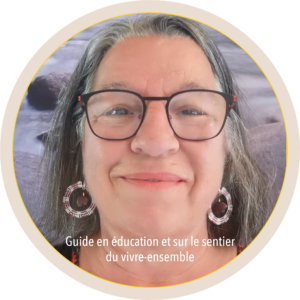
“Every People has their own way of perceiving the world. The common way among Canada’s Indigenous Peoples is rooted in the land they have occupied for millennia, in the history they share, and in the present and future reality.
The way of perceiving and defining oneself is lived through cultural identity. This is named by belonging to nature, by the emotional and spiritual connection to all living beings that inhabit it, and by cultural practices passed down through generations. This way of distinguishing oneself individually and collectively is represented in a circular vision of self and others, in a movement of constant interdependence. Thus, each person is part of this continually moving circle in which community, relationships between individuals, nature, and spirituality are inscribed.
There is no hierarchy, but rather a necessary consensual cohesion to ensure the survival and transmission of cultural identity. Therefore, Indigenous culture in the broad sense is embedded in belonging to place and identity groups, in the bond that is learned, built, and shared throughout life.
Out of a necessary need for survival and pride of belonging, Indigenous identity is also experienced around a spirituality centered on living beings and the passing on to descendants. For example, since Mother Earth has ensured the survival and health of peoples, she is recognized and honored. As Indigenous peoples have lived for millennia on their land, this visceral connection with nature is fundamental. Thus, Indigenous Peoples wish to protect Mother Earth to pass it on to future generations. Furthermore, as cultural identity is intrinsically linked to what has been, what is, and what will be, this spiritual connection with nature is of paramount importance in cultural transmission. This is why Elders and Knowledge Keepers, inheritors of collective knowledge passed down by ancestors, are recognized and respected in Indigenous communities. They play an essential role in transmission to everyone, especially children. Through their community involvement in the valorization of ancestral language, cultural practices, ceremonies, activities in traditional territory, they succeed in bringing cultural identity to life and giving it a positive and real meaning.
This Indigenous worldview emphasizes common values that will be learned and valued daily, such as self-love, love for others and nature, wisdom, respect, humility, courage, and honor.
Finally, it is important to understand that the worldview, values, and associated cultural practices are alive and constantly evolving. Indeed, this worldview is lived and interpreted by the human societies that encounter it daily. This means that it will carry the history, contemporary reality, and future aspirations. Thus, education, transmission, stories, legends, and all cultural practices are inevitably called upon to transform to correspond to all past, present, and future human activities.”
(The views expressed are solely those of the person who expressed them.)





